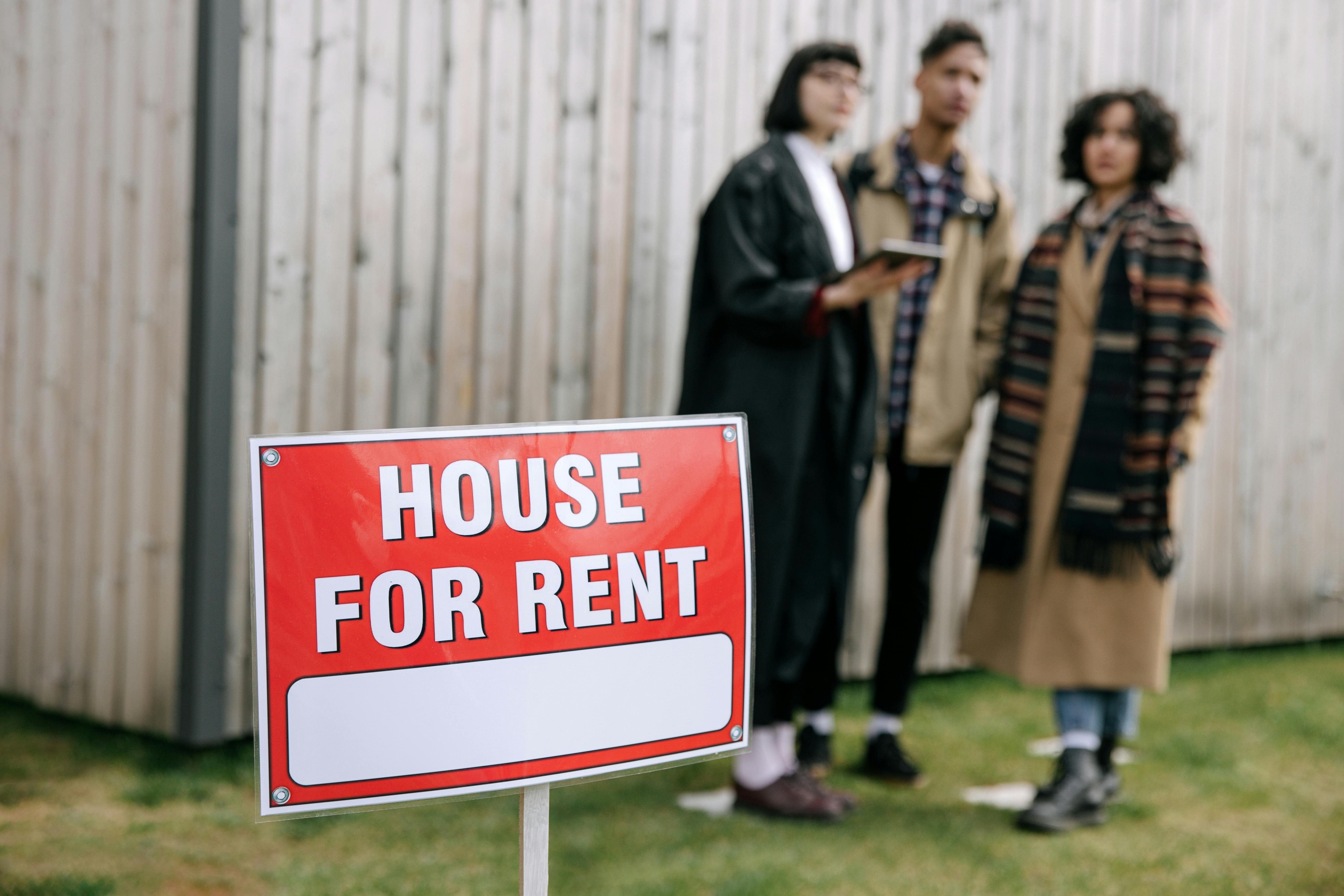There’s no easy manual for what to do after you inherit a house. Emotions run high, timelines feel tight, and everyone seems to have an opinion—especially when it comes to whether you should sell right away. It can be tempting to cash out, tie up the loose ends, and move on. But that choice isn’t always the most beneficial one in the long run.
In some cases, it may be smarter to hold onto the property and consider turning it into a rental. The income potential, tax benefits, and opportunity for long-term appreciation can outweigh the one-time payout of a sale. Before making that decision, it’s worth speaking with someone who understands the nuances of inherited homes. An Unbiased options probate realtor can offer insight into how the probate process intersects with rental strategy—without pushing you toward one option over another.
This article walks through why renting out an inherited home can be a practical, profitable move—especially if you’re not in a rush.

Photo by Ivan Samkov from Pexels
When a Quick Sale Isn’t the Best Strategy
Selling an inherited home might seem like the easiest path. You get a lump sum of money, close the chapter, and move on. But easy isn’t always optimal—especially in a housing market that’s still shifting.
A quick sale could mean:
- Accepting a lower price just to offload the home.
- Paying capital gains taxes if the sale isn't handled correctly.
- Missing out on rental income that could cover expenses (and then some).
- Regret later if the property appreciates significantly.
Renting gives you time to evaluate the big picture. You can test the waters, generate income, and keep the option to sell later—when the market favors you, not the other way around.
The Financial Upside of Renting
Monthly Cash Flow
The most obvious benefit? Steady income. A rental property brings in monthly payments that can cover the mortgage (if there is one), taxes, maintenance, and even leave some extra in your pocket. If the home is fully paid off, that’s potentially hundreds or thousands in positive cash flow each month.
Long-Term Appreciation
Real estate tends to grow in value over time, especially in areas with growing populations, strong job markets, or limited housing supply. Holding onto the property means you’re banking on future value, not just today’s sale price.
Tax Benefits
As a landlord, you get to deduct things like:
- Property taxes
- Repairs and maintenance
- Depreciation
- Property management fees
- Insurance
These deductions can offset rental income and even reduce your overall tax burden.
Renting Lets You Wait for the Market
Timing the housing market is tricky, even for seasoned investors. But by renting out the home, you give yourself the gift of patience. Instead of accepting a lowball offer during a down market, you can hold the property until prices rise—or until you’re personally ready to sell.
In the meantime, the property’s earning income. And depending on inflation and market trends, it might become even more valuable with time.
Emotional Breathing Room
Renting gives you more than just financial flexibility—it offers emotional space, too.
Selling a home that’s been in your family for years can feel like closing a door you weren’t ready to shut. By renting, you get to keep the property in your hands a little longer. Maybe it’s not about the money right now. Maybe it’s about letting the transition happen at your pace.
What to Consider Before Becoming a Landlord
Of course, renting isn’t all sunshine and rent checks. Being a landlord comes with responsibilities and potential headaches. Here's what you need to think about:
1. Condition of the Property
Is the home move-in ready? If not, are you able and willing to make the repairs? A fixer-upper might need upfront investment before it’s rentable.
2. Local Rental Demand
Some areas have booming rental markets; others… not so much. Do a little research—or consult a local property manager—to understand demand, rental rates, and what renters expect in your area.
3. Time Commitment
Managing tenants, maintenance requests, and rent collection can be time-consuming. If you’re not up for it, hiring a property management company might be the way to go.
4. Legal and Insurance Requirements
Every city has different landlord-tenant laws. You’ll also need the right insurance coverage for a rental property. Make sure you’re protected before you hand over the keys.
Turning the Property Into a Passive Income Machine
Many people who inherit homes discover they’ve unintentionally landed a golden goose. With the right systems in place, your inherited property can become a reliable, passive income source that supports you and your family for years to come.
Here’s how to do it:
Set a Competitive Rent
Research similar properties in your area and price accordingly. Too high and it’ll sit vacant. Too low and you leave money on the table.
Screen Tenants Carefully
A good tenant can make your life easy. A bad one… well, let’s just say it’s worth being picky. Use background checks, employment verification, and solid references.
Use a Property Manager (If Needed)
If you’re busy or live far away, a property manager can handle everything from tenant screening to emergency repairs. They usually charge 8–12% of the monthly rent, which can be worth every penny for peace of mind.
Renting Out First Doesn’t Mean You Can’t Sell Later
One of the biggest perks of renting out an inherited property is that it keeps your options open. You’re not locked into a forever plan.
Maybe you rent it for a few years, build up some savings, then decide to sell when the market’s hot. Or maybe it becomes part of your retirement plan. Either way, you stay in control.
When Selling Does Make Sense
While renting offers plenty of upsides, there are situations where selling may be the smarter move:
- The home needs extensive, costly repairs.
- You need immediate cash for medical bills, debt, or other priorities.
- The property is in a declining area with low rental demand.
- You don’t want the hassle or liability of being a landlord—even with help.
It’s all about understanding your goals and resources. If you’re unsure, a real estate expert who works specifically with inherited properties can help you weigh your options without pressure.
A Smart Middle Ground: Rent-to-Own
If you’re stuck between renting and selling, consider offering the home on a rent-to-own basis. It provides monthly rental income while locking in a future sale. Plus, you’re more likely to attract tenants who treat the home like they already own it.

Photo by Ivan Samkov from Pexels
Final Thought: Don’t Let Pressure Make the Decision for You
When you inherit a home, everyone seems to have advice. Some may push you to sell immediately. Others will tell you to “never let go of real estate.” But here’s the truth: the best choice is the one that fits your life.
Renting out an inherited property isn’t just a way to delay a decision. It’s a valid, smart strategy—especially if you want to build long-term wealth, preserve flexibility, and avoid rushing into something you might regret.
If you're feeling overwhelmed or unsure where to begin, start by gathering expert guidance. The right team can help you weigh financial, legal, and emotional factors without making you feel rushed. And that includes connecting with a trusted professional like an Unbiased options probate realtor—someone who understands both the property and the process.







